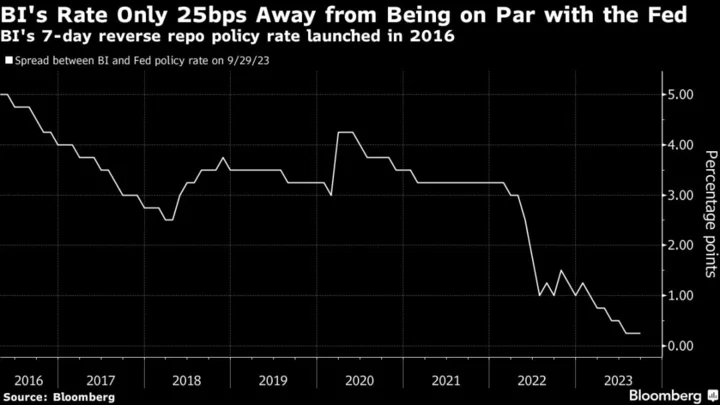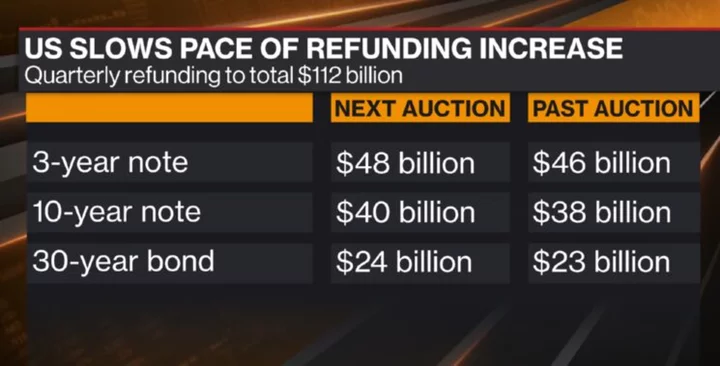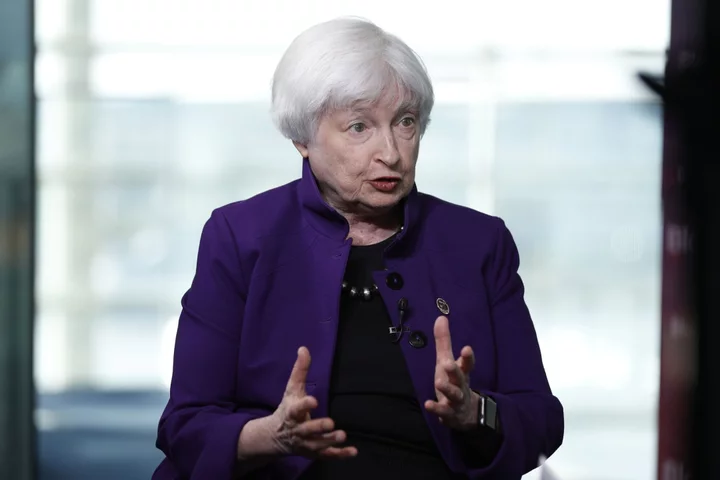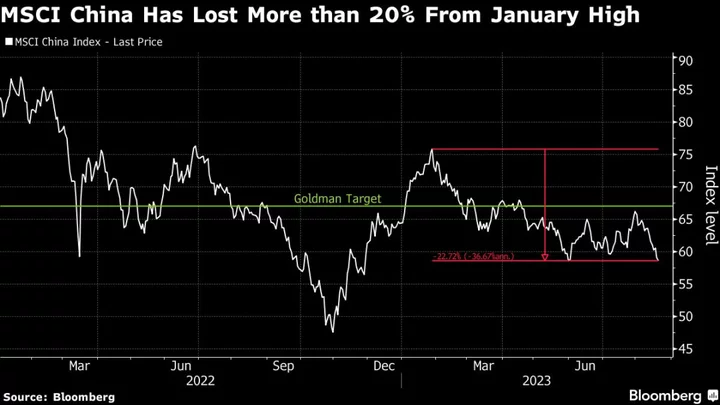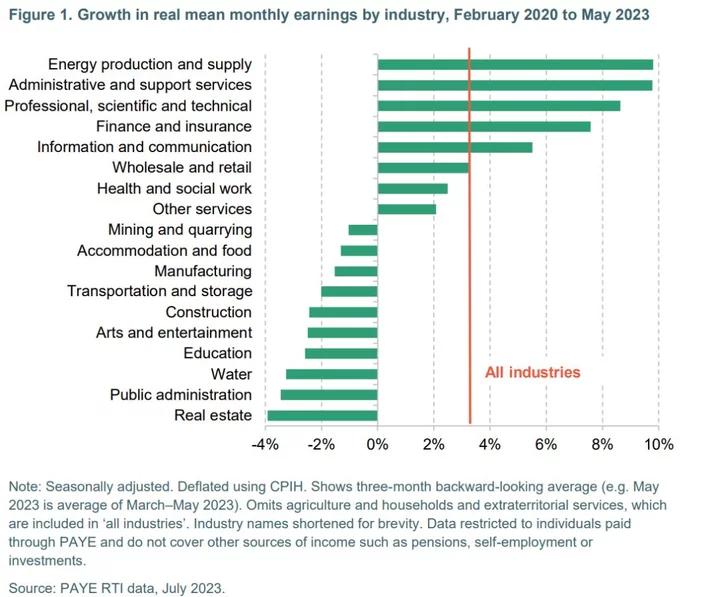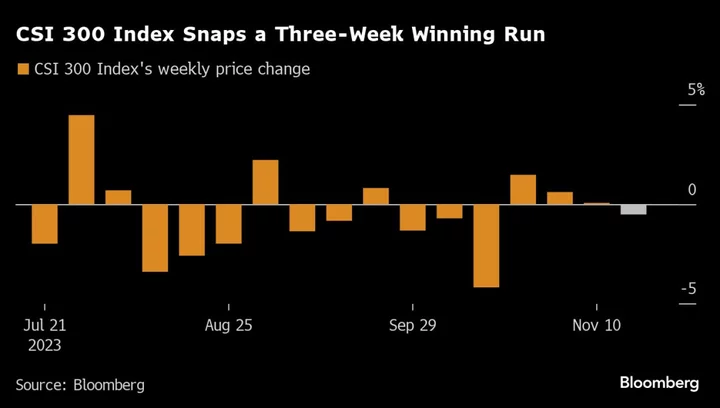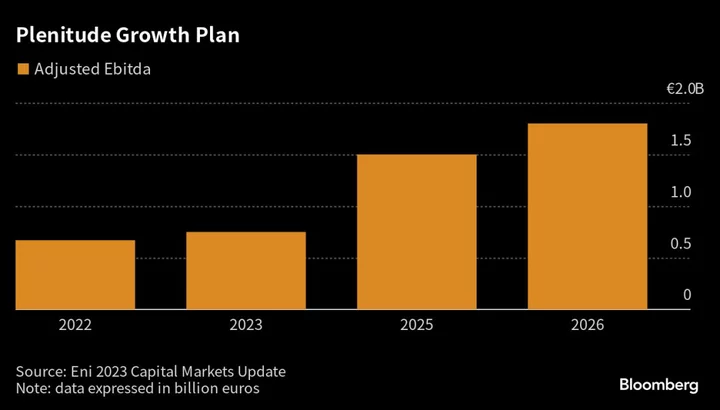Asia’s last currency standing against the dollar this year has fallen, with the rupiah joining regional peers to erase gains against the strengthening greenback.
The rupiah dropped as much as 0.4% against the dollar on Tuesday, losing all its gains after rallying over 6% in the first four months of the year. All other Asian currencies are already in red against their US peer, which has advanced in the past 10 out of 11 weeks.
“Higher US yields and stronger dollar have been the key driver of the rupiah’s recent weakness,” said Vijay Kannan, a macro strategist at Societe Generale SA in Singapore. “This should continue to be a headwind for bond flows and the rupiah.”
While most emerging Asia benchmark rates are at or near their terminal levels, the Federal Reserve may hike even more. The rupiah has not been immune to the Fed’s higher-for-longer mantra. It has been weakened by capital outflows, as a narrowing yield differential with the US sapped the appeal of rupiah bonds. Indonesia’s policy rate is offering only a 25 basis point premium over the upper bound of the Fed fund target rate.
While the rupiah declined Tuesday, it still remains Asia’s best performer this year. In contrast, the Malaysian ringgit and Thailand’s baht have done far worse, and are among the worst performers in Asia.
Asian currencies do not appear likely to erase losses in the near term. US overnight indexed swaps are pricing a one-in-three chance for another 25-basis point hike in November following hawkish rhetoric this week. China’s challenging outlook will also continue to weigh on Asia’s trade-dependent economies.
Overseas investors pulled out $1.1 billion from the nation’s bonds in September, the largest outflow in a year. As a result, Indonesia’s 10-year government yield has climbed above the 7% psychological threshold.
Bank Indonesia has so far not signaled further rate increases but turned to other monetary tools to lure global bond flows. It introduced the so-called SRBI bills in September, which haven’t yet proven effective in curbing the rupiah’s losses.
(Updates Asian currency performance in the fifth paragraph and Fed outlook in sixth)

